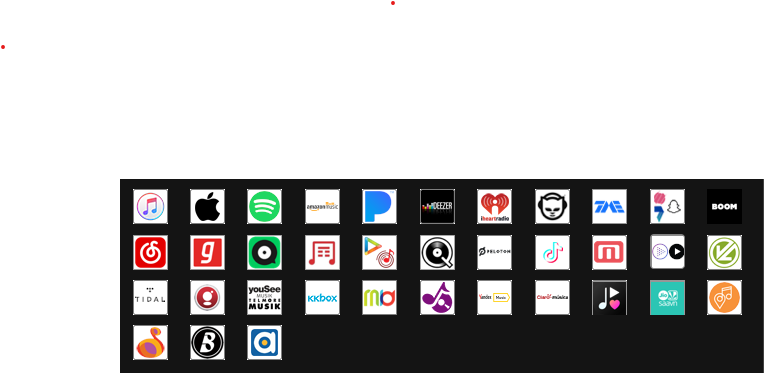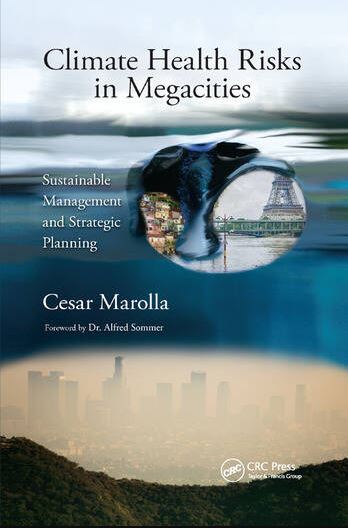The Nexus Between Art and Science
“We shall require a substantially new manner of thinking if mankind is to
survive.”
– Albert Einstein
An introduction by Dr. Robert Wood
Cesar Marolla, Ph.D.(c), is presently a professor of sustainable urbanization and development at Nalanda University, the lead author for a climate resilience and investment program in the sub-Saharan Africa for the World Bank Group and the recipient of the 2013 Harvard University Derek Bok Civic Prize Award that recognizes creative initiatives in community service or long-standing records of civic achievement among AA, ALB, and ALM graduates.
A sustainability leader, guitar virtuoso, composer, martial artist, published author and lecturer, he brought strategy concepts to bear on many of the most challenging emerging global issues such as climate change, public health risks, and socio-economic and environmental inequities, collaborating with world leaders and Nobel Laureates from the World Bank, UN, Harvard and Columbia University.


Concerto di Santa Lucia - Adagio con Sentimento
Cesar’s portrait by Dr. Marcelo Gonella
Click to see Dr. Gonella’s amazing art work
New single and music video titled: “Virtuoso” coming up
November 24 on all digital platforms!!!
Cesar Marolla: Guitar
Camille Goldsborough: Ballerina
Nathan Carlson: Artistic director
Location: Los Angeles, California
The following research books I authored address the research question of whether climate change could disproportionately affect the health of the urban populations, particularly the urban poor, living in the world’s megacities. It seeks to explain the health consequences of climate change and the impacts on urban populations, how major cities should respond with preparedness and adaptation strategies to lessen impacts, utlizing risk frameworks and the rapid advance of the ICT sector with collective actions that can be taken to mitigate the health risks associated with climate change.
Climate Health Risks in Megacities: Sustainable Management and Strategic Planning
The book courageously confronts the immense challenges of alleviating climate change and takes the initiative to layout an agenda that calls for action in the rapidly changing landscape of our global climate. This guide provides a constructive methodology for developing and implementing risk management and operational continuity management systems to climate change effects on urban populations. It addresses key issues such as physical location, proper sanitation, food security and vector-borne diseases against the backdrop of climate change, and then model its effect on the urban dwellers. The author also reveals the benefits of implementing a unique risk management approach to combat global threats and focuses on building urban resilience in the face of disasters. Prepared with a comprehensive and forward-thinking style, this book draws on indispensable case studies in key megacities like New York, Los Angeles, Beijing, Rio de Janeiro, London, Mumbai, and Lagos, and links researchers, scientists, city’s mayors, environmentalists, policy-makers and world leaders from central areas to review, reflect, and expound on future directions.
Information and Communication Technology for Sustainable Development
This effort shows how ICT, as an enabler for all spheres of development, can help innovate business processes and operations, and provide faster integration of new technologies into business systems. Focused on sustainability, the book addresses strategic approaches to cope with a range of climatic, environmental, cyber-security threats and other global risks, and aims to promote prosperity and economic growth. Furthermore, it explores how the adoption of new technologies, and collective action based upon a strategic behavioral theory of new leadership, can be applied when responding to specific set of conditions that allow for the proposed strategies to cope with risks.
Information technology and strategic planning complement each other to attain the sustainable development goals (SDGs). Risk management frameworks, business continuity systems, and strategic planning methodologies such as mechanism design theory, strategic adaptive cognition (SAC), and risk mechanism theory (RMT) are the fundamental components needed to have a universal approach embedded into the national development plans agenda. As technology no longer follows an orderly, linear path, but improves exponentially, developing a strategic approach to ICT implementation help world leaders in the difficult but inspiring task of making a sustainable world and consequently find solutions to achieve the SDGs and the desired growth pattern that must be sustained, inclusive and equitable.
Coming up: Disaster Risk Management and Emerging Global Risks
Natural and man-made disasters have no barriers. The damage caused by disasters is immeasurable and influences the socioeconomic, environmental, political, and cultural state of the affected area. Disasters are events that inflict great damage, destruction, and human suffering. Their cause can be natural or anthropogenic, such as earthquakes, climatic events, e.g., floods, and hurricanes, or of human-instigated disasters that are the consequence of technological or human hazards such as accidents and terrorist acts.
The book explores the processes and best practices in addition to strategies to resilience to cope with multiple hazards with specific examples. The impact of technological innovation and strategic planning in building sustainable communities is required to achieve all aspects of environmental stewardship, social development, and economic equity. Moreover, our research and solutions provides an assessment of residents living in vulnerable rural and urban communities, and how the strategic system in place adapts to new waves of transformation.




